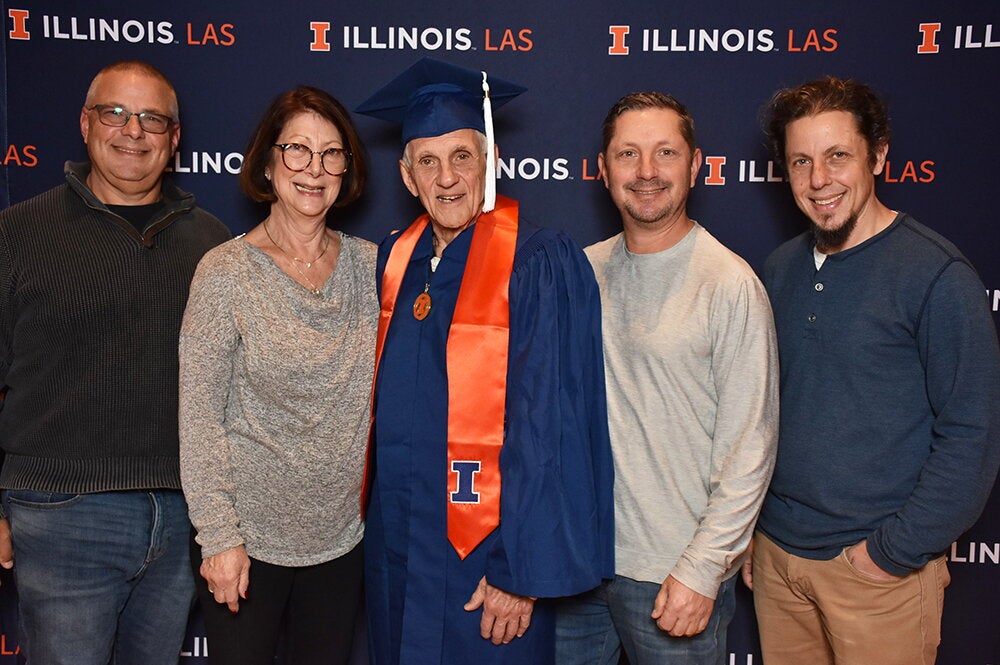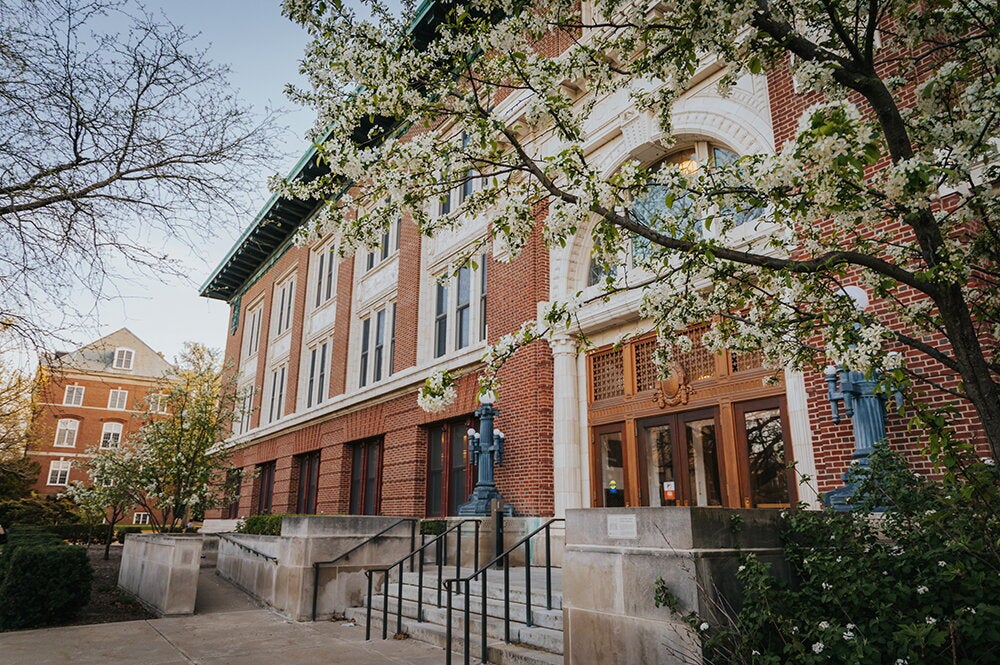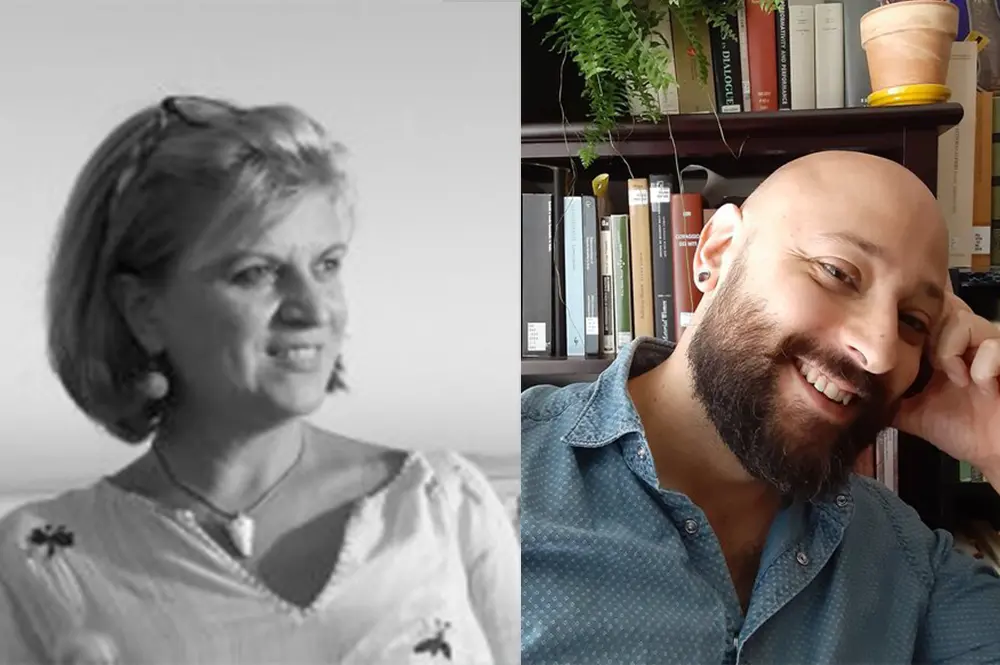
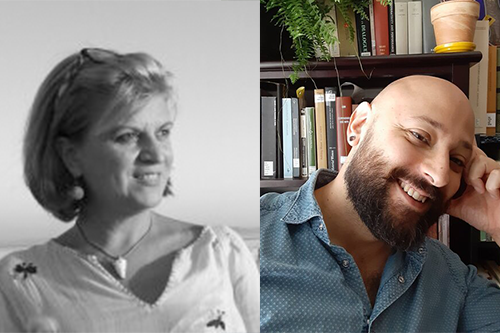
When Eda Derhemi, a teaching professor in the Department of French & Italian, read the Albanian novel “Miele sul Coltello,” she thought that translating its complex linguistic stratification into Italian would be particularly challenging but stimulating. It turned into a collaborative, award-winning effort between the professor and a graduate student.
The popular World War II-era novel by Romeo Çollaku features residents of a village and defectors from the Italian army located in the mountainous backcountry of Albania. The language of the characters and the author in “Miele sul Coltello” (translated to “Honey on the Knife’s Edge”), according to Derhemi, is an isolated sub-dialect of the Albanian South, and rich in rare, archaic words and idiomatic expressions. It also has a “conspicuous layer of relatively old Greek borrowings relevant to its geographical area.”
With the novel’s linguistic and dialectological complexities, Derhemi enlisted the help of Francesco Ferrari, a PhD candidate in the Department of French and Italian. The pair translated the novel, and they were named winners of the competition for the Fund of the Translation from Albanian to a Foreign Language.
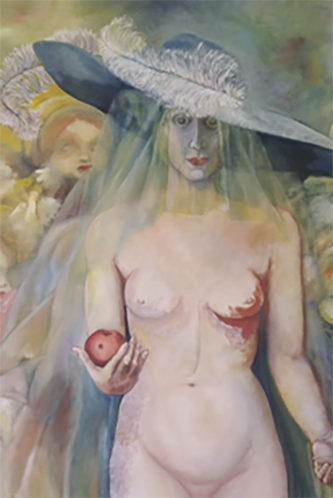
Derhemi, who speaks Albanian and Italian, said she was intrigued by the unusual role of language in the novel and how it defined expressions of freedom, love, memory, and the entire atypical existence of its characters. She also realized how important it was for this novel to reach the Italian public.
The plot includes the presence of two defectors from the Italian army who found shelter in the Albanian village, which Derhemi said created the conditions for recalling Italy’s colonial enterprise in Albania during fascism and its aftermath during WWII, a piece of history in the relation between the two countries still little known in Italy. Through the villagers’ eyes, she said, the reader can view that part of “collective memory that Italians have forgotten.”
“I could not stop thinking that the story of the fate of Italians who ended up in Albania before and during World War II needed to be known and read by the Italian public,” Derhemi said.
She and Ferrari, who speaks Arbëreshë (an Italian-Albanian minority language) and the Calabrese dialect, worked on the translation for two years, during which time Derhemi and Ferrari met every week during the semester and communicated through Skype during the summers to complete the project. They also worked individually on different human, geographical, and dialectological aspects of its translation, discussing and clarifying questions with the author as well.
“All the languages in the novel mean a large number of cultural references for which you do not have an equivalent,” Ferrari said. “Expressions and terms related to folkloric beliefs, for instance, posed certainly some problems.”
A particularly tough expression, he said, was the Albanian word “xhinde,” which translates to a shadow that can cause epilepsy if crossed, according to legend. Ferrari said the choice of the literal translation, “calpestare le ombre” (stepping over the shadows) would cause “a loss of its dialectal flavor.” He said it also would have sounded too gothic as “malombra,” which is interpreted as a ghost in many Italian popular traditions.
“After considering several options, we decided to leave it untranslated and to intervene only on the level of morphology by Italianizing it in ‘ginde,’” Ferrari said.
The end result was rewarding. The translated novel was just published in Italy, and in November six articles were written in different Italian media outlets, including La Repubblica, a prominent newspaper. Sara Ricci, an editor that worked with the book, wrote: "The novel comes to the Italian public through the magnificent translation of Eda Derhemi and Francesco Ferrari... and it is precisely the operation of adaptation carried out with extreme intelligence and sensitivity (phonetic, rhythmic, ‘melodic,' I dare say) that makes this novel a jewel that deserves to be read by the Italian public."
Ferrari said the greatest gratification for the work came when they presented “Miele sul Coltello” with Çollaku present on November 5, during a virtual presentation hosted by the novel’s publisher, Besa Editrice. On this occasion, Ferrari read a passage from the novel and Çollaku, who is not proficient in Italian but is able to understand some phrases, recognized the passage and said it sounded “exactly as it should.”
Derhemi said the original novel in Albanian has been very successful, and it has also been discussed often in literary and cultural media. Çollaku has written and translated more than 20 books, and he has received three national prizes for his short stories and translations. “Miele sul Coltello” came in second place for the European Union Prize for Literature for 2017.
“To the future readers,” Ferrari said, “I would say that the beauty of this novel relies on its linguistic complexity, a stratification of registers and languages that will guide them through an exploration of the different forms of communication, some of which transcend the verbal dimension to include the syntax of the body, the silence, and even voicelessness.”
